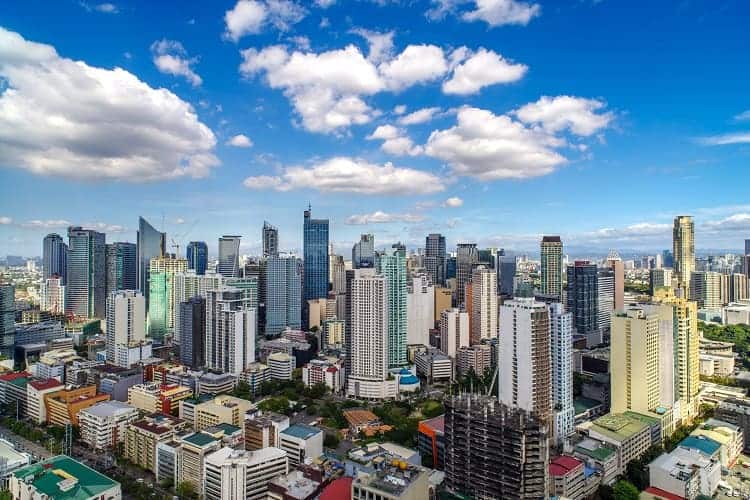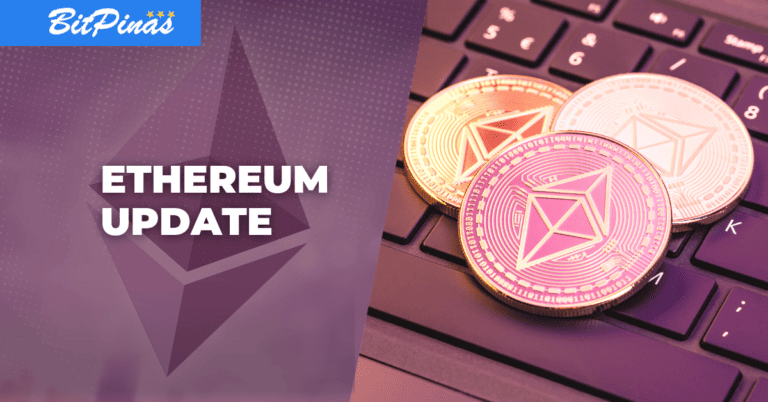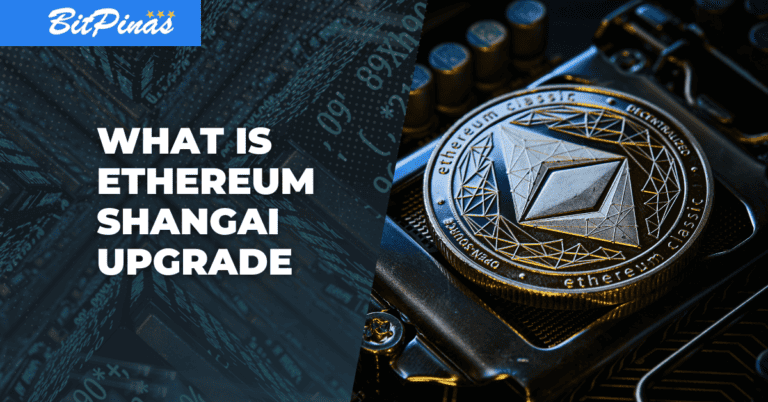Philippines SEC Keen to Release Draft Rules on Virtual Currency Exchanges this September
The Philippines’ Securities and Exchange Commission is in the process of creating draft rules for virtual currency exchanges that act as trading platforms.

After releasing its draft rules on initial coin offering (ICO), the Philippines Securities and Exchange Commission is about to release new draft rules on virtual currency exchanges (VCE) this month. The commission is under pressure to regulate it as more companies want to enter the scene and open a VCE platform in the country.

According to SEC Commissioner Ephyro Luis Amatong, the draft rules on VCE will be released to the public “hopefully within the first half of September”. Mr. Amatong also shared that SEC and the Bangko Sentral ng Pilipinas (BSP) will work together on regulating these VCEs.
BSP released a regulatory framework on VCEs in February last year. This required any interested companies to register with a local bank as a remittance and transfer company. As of this writing, there are five companies that received this license namely Betur, Inc. (known as Coins.ph), Rebittance, Inc. (SCI Ventures subsidiary), Bloom Solutions, ETranss, and Virtual Currency Philippines, Inc.
Read More: List of Cryptocurrency Exchanges in the Philippines
The SEC Commissioner then stressed that the license given by the BSP is similar to a money changer (crypto to fiat exchange) and does not include acting as a trading platform. He added that “many of the VCEs are applying to allow them to act as trading platforms.” And with this, the SEC now has to intervene. This is why the two regulators have to do a “joint cooperative oversight”.
Aside from the increased number of companies wanting to put up a VCE in the country, SEC is also taking its cue from other countries such as the US, Australia, and Switzerland.
Mr. Amatong added that they are aiming to create a safe environment where interested investors can feel safe. He shared that this is almost the same as having a paper or security within the Philippine Depository & Trust Corp. (PDTC), instead, it is “housed on a blockchain” and is on a digital form.
It is also a way for small to medium enterprises (SME) to “raise funds in a safe manner”, he said.
“Previously you had to go through all of the infrastructure of the PSE (Philippine Stock Exchange) or a PDEx (Philippine Dealing & Exchange Corp.), a traditional stock in order to raise the funds but what the fintech promises is you can achieve that through technology at a lower cost,” – Mr. Ephyro Luis Amatong, SEC, Commissioner
During the first week of August, the Philippines’ SEC released its draft rules on ICOs. It requested numerous comments and views of interested parties such as banks, investment companies, investing public, etc to help develop the regulatory guidelines.
The BSP, on the other hand, recently created a new blockchain and fintech unit that will oversee and regulate the institutions involved. It is said that Financial Technology Sub-Sector (FTSS) will “conduct an effective oversight of FinTech and other innovative alternatives”.
Source: BusinessWorld





